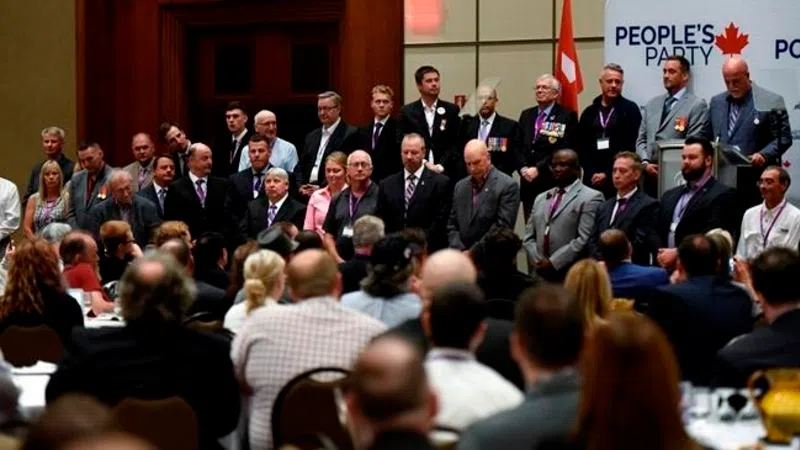
People’s Party outlines seats with prominent candidates in bid to enter debates
OTTAWA — The People’s Party of Canada made another bid Friday to convince debate organizers they deserve to be included in two televised events in October.
In a letter to the Leaders’ Debates Commission, People’s Party Leader Maxime Bernier provided a list of five candidates he said were prominent figures in their ridings and would carry that advantage into the campaign.
The commission had originally asked the party to provide a list of three to five candidates it believed had the best chance of winning their races. The commission planned to use that information to help make a determination of whether multiple PPC candidates had a “legitimate chance” of winning their seats, a qualification for participation in the debates.
The party did not meet that requirement when the commission made its initial decisions on participation earlier this month, the commission found, leaving Bernier uninvited.

